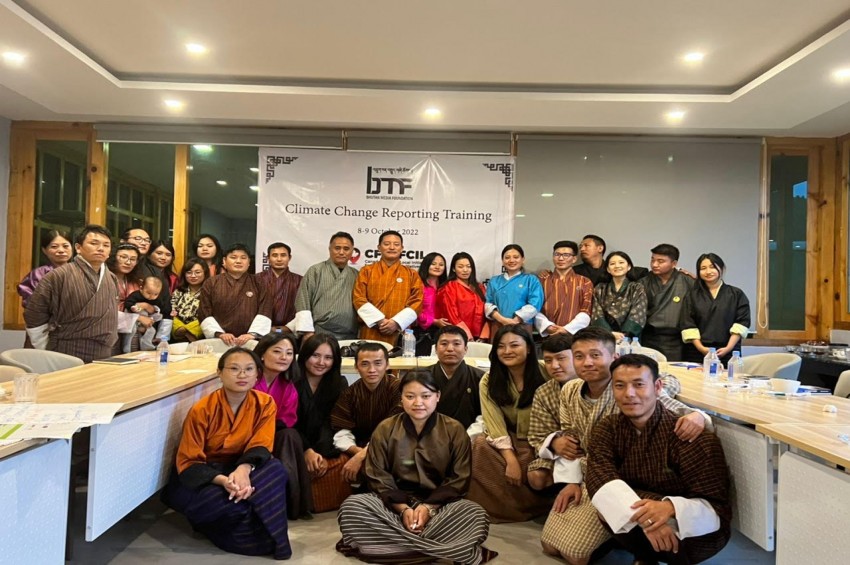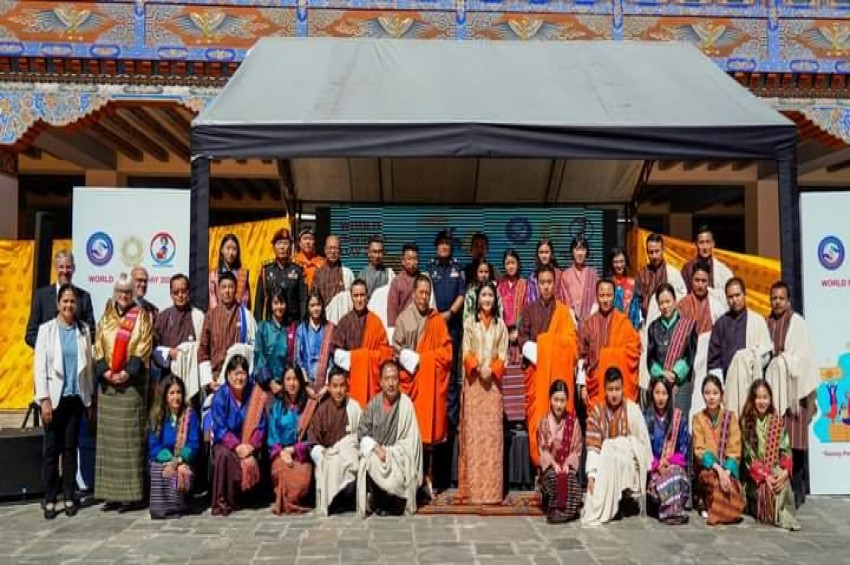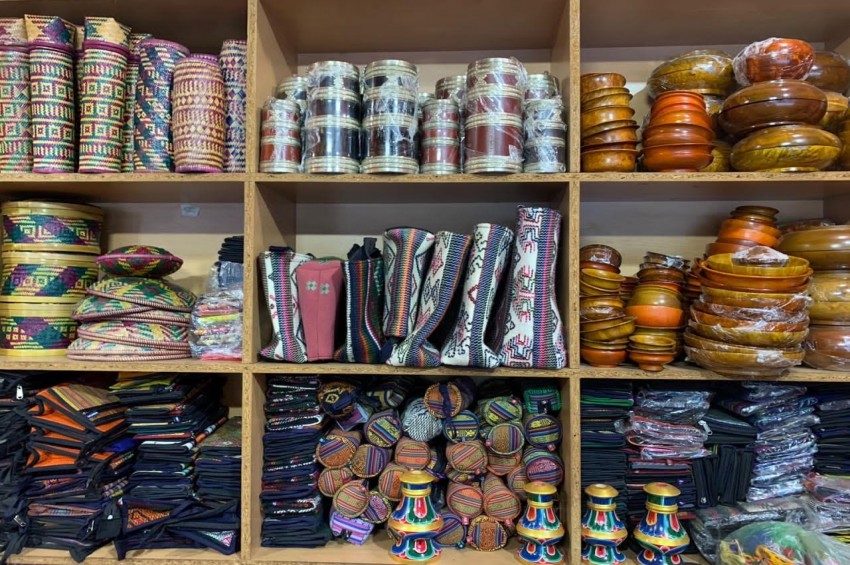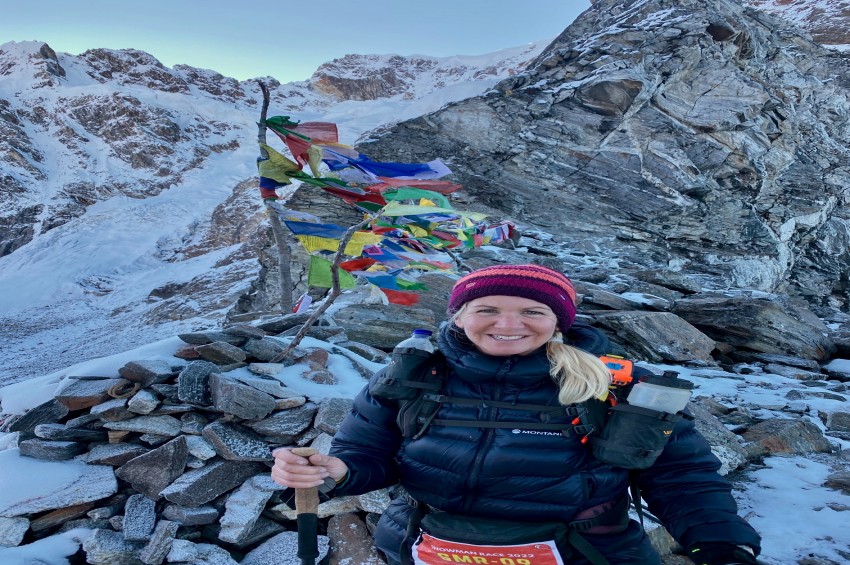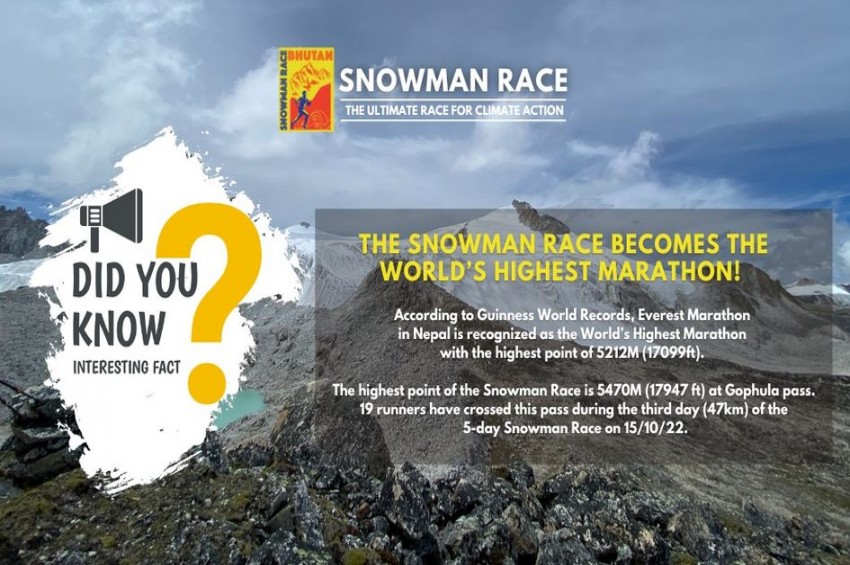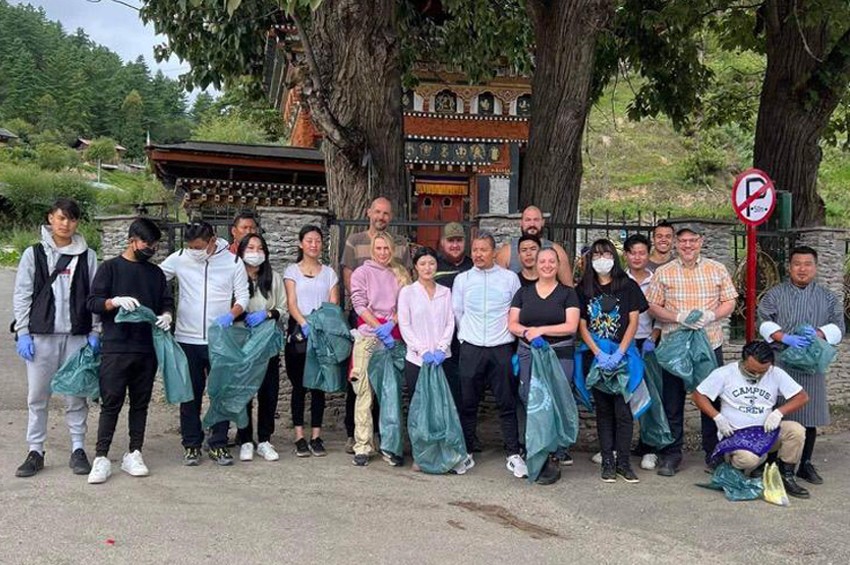Climate change is a worldwide issue. Bhutan is no exception to the effects of climate change. Rising temperatures, glacier lake outburst flood (GLOF), and erratic rainfall pose a major threat to the country’s livelihood and economy.
It is important to educate and inform people about climate change and its effects without exaggerating or attributing every disaster to climate change. Journalist plays an important role in informing and educating people. It is important to have a specialized group of journalists to carry out climate change reporting.
Bhutan Media Foundation (BMF) took the initiative to train and educate journalists from different media houses in the country on how to write and report on climate change. The three-day workshop was conducted at Paro.
Needrup Zangpo, the executive director (ED) of BMF facilitated the workshop-training for about 30 media people. He said, “Climate change reporting training is to engage our local journalists in climate change reporting. Which is a specialized field of reporting. "
"The main objective is to train a group of reporters in climate change journalism and then engage them in climate change field reporting through a climate change reporting grant," he added.
The project's main activities are as follows: first, training; second, trainees are eligible to apply for climate change reporting grants; and finally, grantees can participate in the best climate change reporting grant.
This year, a climate change reporting grant was awarded to 15 participants from different media houses. 13 for print media and 2 for broadcast media.
Chhimi Dema from the Kuensel Corporation Limited is one of the grant recipients. She said, “Climate change reporting training was helpful in making me understand the technical aspect of climate change. The training gave me ideas on how I can make the climate change stories relevant to people and make them people-centric.”
Chhimi Dema claimed that Bhutan needs to put more effort into changing its existing agricultural system to one that is climate-smart agriculture. Hence, she pitched her idea and won the grant. Climate change also poses threat to food security.
Chhimi Dema hopes that her climate change-related story would help policymakers recognize how crucial it is to inform the public about the effects of climate change.
Similarly, Pema Choki from the Bhutanese is doing a story on climate change and gender. She intends to educate people on how climate change can increase the risk for women. She also intends to show how climate change and gender are interconnected.
If the story idea wins the grant, Pema Choki expects it might inspire the public to start their own journey to help mitigate climate change. Furthermore, it might also spur on changes in policy-making and law-making levels.
Most of the reporters, content creators, media focal, and journalists are looking forward to attending such informative training and workshops. The famed Tshering Denkar from ‘Denkar’s gataeway, often calling herself the mountain girl was one of the active participants. With her reach to a mass audience, she can easily create climate change content to call out for climate action.
Even bilingual reporters and Dzongkha reporters with great climate change story ideas are encouraged to write a climate change story.
Chhimi Dema said, "I would love to participate again and bring different ideas to work on. Climate change is diverse and how it affects people is the same.”
Choki Wangmo, who writes in-depth stories on climate, environment and people has the advantage of being Kuensel’s rural reporter based in Dagana to spin out a beautiful story on how water shortage due to climate change impacts life there.
Chhimi Dema said that reporters have brought several issues to light through the grant, yet there are many that we could still work on to make our communities understand and adapt to climate change.
Another grant recipient from Gyalchi Sarshog Lhakpa Duba says, "For sure, there is no end to learning and experiencing."
BMF looks forward to the sustainability of climate change reporting. Needrup Zangpo, said, "We will replicate the same project for another batch of reporters."
"In this project, there were value additions. We started the project by developing a climate change reporting handbook for Bhutanese journalists for the first time," he added. and
The handbook will facilitate journalists when working on their climate change stories.
The handbook contains a brief overview of climate change and its effects on Bhutan.
The handbook includes a toolkit for reporting on climate change as well as dos and don'ts when reporting on climate change.
Similarly, BMF is creating a set of resources for covering climate change, and as part of this effort, BMF will buy books and other media audio and visual material for use by Bhutanese journalists.
A group of specialized journalists in every newsroom may learn the fundamentals of effective climate change reporting due to climate change reporting training.
It is important to educate and inform people about climate change and its effects without exaggerating or attributing every disaster to climate change. Journalist plays an important role in informing and educating people. It is important to have a specialized group of journalists to carry out climate change reporting.
Bhutan Media Foundation (BMF) took the initiative to train and educate journalists from different media houses in the country on how to write and report on climate change. The three-day workshop was conducted at Paro.
Needrup Zangpo, the executive director (ED) of BMF facilitated the workshop-training for about 30 media people. He said, “Climate change reporting training is to engage our local journalists in climate change reporting. Which is a specialized field of reporting. "
"The main objective is to train a group of reporters in climate change journalism and then engage them in climate change field reporting through a climate change reporting grant," he added.
The project's main activities are as follows: first, training; second, trainees are eligible to apply for climate change reporting grants; and finally, grantees can participate in the best climate change reporting grant.
This year, a climate change reporting grant was awarded to 15 participants from different media houses. 13 for print media and 2 for broadcast media.
Chhimi Dema from the Kuensel Corporation Limited is one of the grant recipients. She said, “Climate change reporting training was helpful in making me understand the technical aspect of climate change. The training gave me ideas on how I can make the climate change stories relevant to people and make them people-centric.”
Chhimi Dema claimed that Bhutan needs to put more effort into changing its existing agricultural system to one that is climate-smart agriculture. Hence, she pitched her idea and won the grant. Climate change also poses threat to food security.
Chhimi Dema hopes that her climate change-related story would help policymakers recognize how crucial it is to inform the public about the effects of climate change.
Similarly, Pema Choki from the Bhutanese is doing a story on climate change and gender. She intends to educate people on how climate change can increase the risk for women. She also intends to show how climate change and gender are interconnected.
If the story idea wins the grant, Pema Choki expects it might inspire the public to start their own journey to help mitigate climate change. Furthermore, it might also spur on changes in policy-making and law-making levels.
Most of the reporters, content creators, media focal, and journalists are looking forward to attending such informative training and workshops. The famed Tshering Denkar from ‘Denkar’s gataeway, often calling herself the mountain girl was one of the active participants. With her reach to a mass audience, she can easily create climate change content to call out for climate action.
Even bilingual reporters and Dzongkha reporters with great climate change story ideas are encouraged to write a climate change story.
Chhimi Dema said, "I would love to participate again and bring different ideas to work on. Climate change is diverse and how it affects people is the same.”
Choki Wangmo, who writes in-depth stories on climate, environment and people has the advantage of being Kuensel’s rural reporter based in Dagana to spin out a beautiful story on how water shortage due to climate change impacts life there.
Chhimi Dema said that reporters have brought several issues to light through the grant, yet there are many that we could still work on to make our communities understand and adapt to climate change.
Another grant recipient from Gyalchi Sarshog Lhakpa Duba says, "For sure, there is no end to learning and experiencing."
BMF looks forward to the sustainability of climate change reporting. Needrup Zangpo, said, "We will replicate the same project for another batch of reporters."
"In this project, there were value additions. We started the project by developing a climate change reporting handbook for Bhutanese journalists for the first time," he added. and
The handbook will facilitate journalists when working on their climate change stories.
The handbook contains a brief overview of climate change and its effects on Bhutan.
The handbook includes a toolkit for reporting on climate change as well as dos and don'ts when reporting on climate change.
Similarly, BMF is creating a set of resources for covering climate change, and as part of this effort, BMF will buy books and other media audio and visual material for use by Bhutanese journalists.
A group of specialized journalists in every newsroom may learn the fundamentals of effective climate change reporting due to climate change reporting training.

